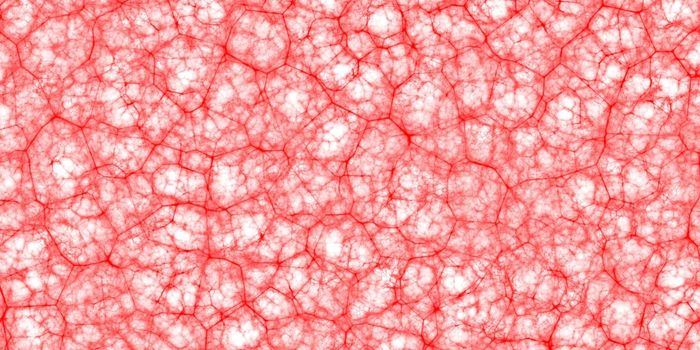In a study published in the Journal of Biological Chemistry, a diet containing green tea and carrots reversed Alzheimer's-like symptoms in mice that are genetically programmed to develop the memory-impairment disease. The findings support the idea that natural plant-based diets offers an extra layer of protection against dementia in humans.
Learn more:
"You don't have to wait 10 to 12 years for a designer drug to make it to market; you can make these dietary changes today," said senior author Terrence Town, a professor of physiology and neuroscience at the Keck School of Medicine of USC's Zilkha Neurogenetic Institute. "I find that very encouraging."
Additionally, the study advocates for combination therapy, rather than a single compound treatment, as the best approachable method to treating the 5.7 million Americans diagnosed with Alzheimer's. Combination therapy is already the standard of care if treatment for a range of cancers, HIV infection and rheumatoid arthritis.
"After three months, combination treatment completely restored working memory and the Alzheimer's mice performed just as well as the healthy comparison mice," Town said.
USC researchers are studying plant-derived substances, like green tea, that inhibit production of the sticky amyloid beta plaques known to cause Alzheimer‘s disease. (Photo/Pixabay) via USC.edu
Researchers examined epigallocatechin-3-gallate, EPGG3, a key compound in green tea, and FA, or ferulic acid, found mainly in carrots as well as tomatoes, rice, wheat and oats. After the three-month diet, scientists ran the mice through a Y maze for neuropsychological testing that is analogous to thinking and memory assessments for examining dementia in humans. The mechanism for improving memory seemed to be activated by the compounds EPGG3 and FA. Specifically, the substances reduced key characteristics of Alzheimer's pathology in humans--neuroinflammation and oxidative stress in the brain--by preventing amyloid precursor proteins from breaking up into the smaller proteins called amyloid beta that accumulate in the brains of Alzheimer patients.
In the future, researchers will continue to explore combination treatment that focus on plant-derived substances for the inhibition of the sticky amyloid beta plaques.









